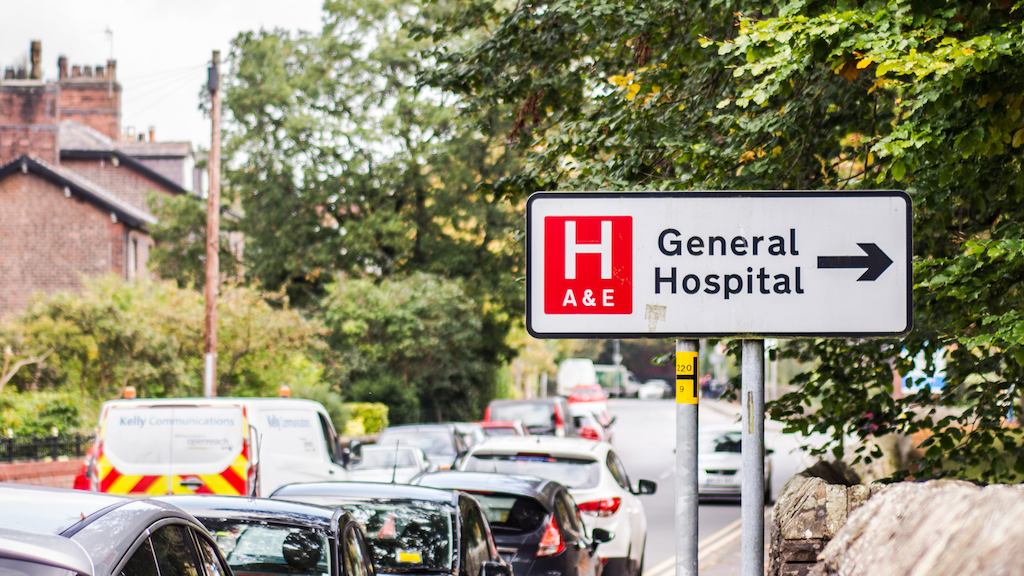A report today by the Centre for Ageing Better and the Office for Civil Society challenges the Voluntary and Community Sector (VCS) to avoid complacency in its approach to older volunteers, and to take action to enable more older people to get involved in our work.
It’s a good challenge. For many charities, older volunteers (defined here as those aged 50 and over) are a mainstay – loyal and committed volunteers who turn up regularly, week after week, month after month, year after year doing huge amounts of work. Without them, we couldn’t function.
But the review’s report warns that relying on future generations to do the same is pretty risky, and it points out that while around a third of older adults are currently involved in volunteering, there are many more that are currently not involved. Those who are poorer, in worse health and/or from some Black and Minority Ethnic (BAME) communities are far less likely to volunteer with charities like mine.
So, what can we do to address these gaps and to make volunteering attractive to future generations of people as they grow older?
The report’s prescription is to make sure the opportunities we offer are age friendly and inclusive. This means addressing practical issues like covering expenses, and supporting people with additional needs, for example mobility issues. Interestingly, the report also argues that we need to put more emphasis on social and emotional factors – ensuring that volunteers feel welcome, are valued, and can get to know the other people they are working with.

